Baby Loss Awareness week: This is what it feels like to have a miscarriage
To mark Baby Loss awareness week, writer Charlotte Philby shares her story of strength through darkness.
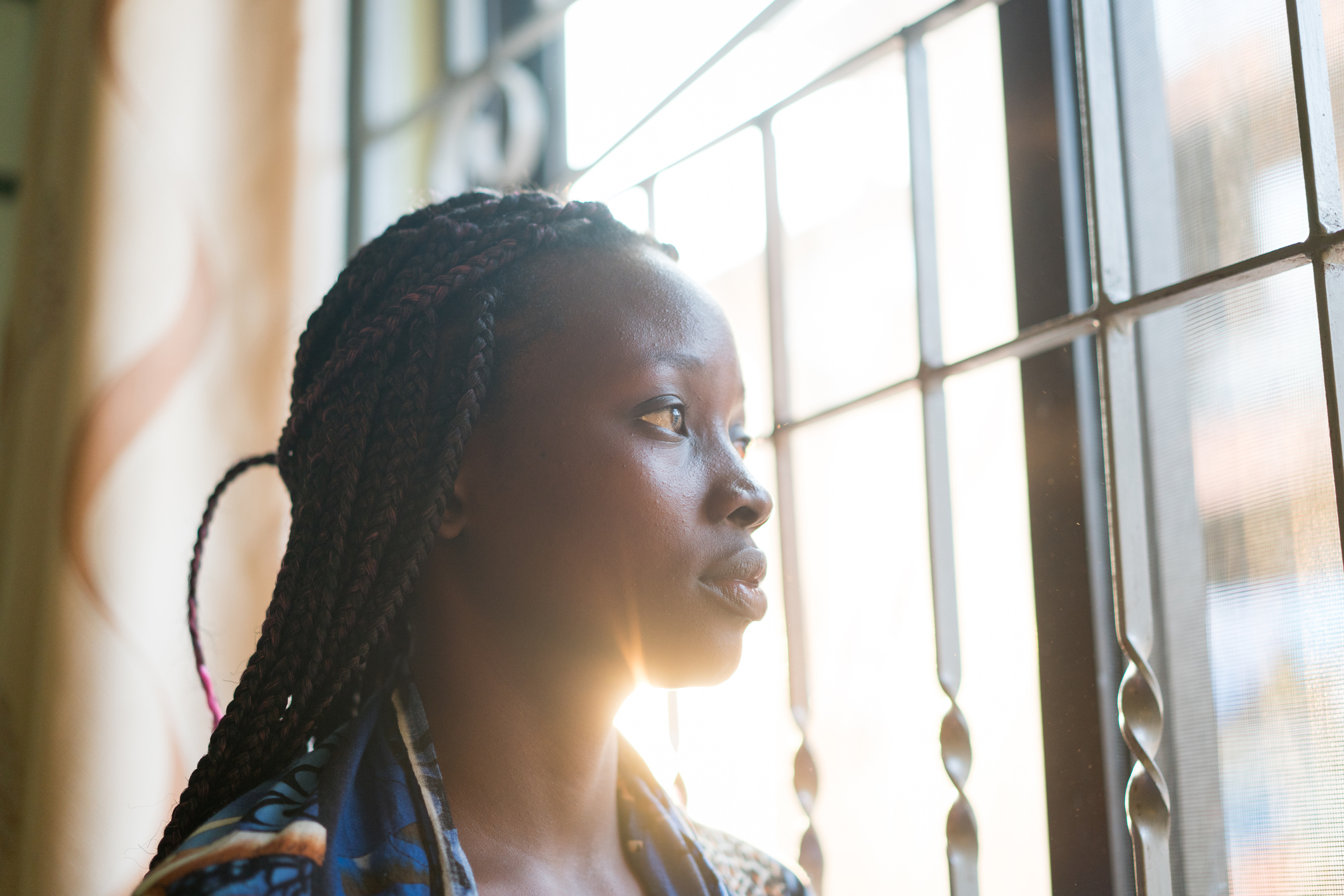
To mark Baby Loss awareness week, writer Charlotte Philby shares her story of strength through darkness.
In November 2020, the Duchess of Sussex shared the devastating news that she and Prince Harry had suffered a miscarriage four months earlier.
Addressing the stigma surrounding miscarriage, she shared in the New York Times: "Losing a child means carrying an almost unbearable grief, experienced by many but talked about by few." The couple, parents to toddler Archie and now seven-month-old Diana Lilibet, discovered that "in a room of 100 women, ten to 20 of them will have suffered from miscarriage, yet despite the staggering commonality of this pain, the conversation remains taboo, riddled with (unwarranted) shame, and perpetuating a cycle of solitary mourning."
This Baby Loss Awareness week, writer Charlotte Philby addresses the question: what does a miscarriage feel like? Sharing her own experience of baby loss, she talks about losing a child, healing after the trauma, and carrying on with life through the stages of grief. Know this: you are not alone in your pain.
Warning: details of baby loss, miscarriage and stillbirth below
What does a miscarriage feel like?
I remember my first pregnancy as a series of fragmented snapshots: me, aged 25, on the floor of my bedroom, shaking with shock as I watched the second line emerge on the pregnancy test. A few weeks, later trying on maternity clothes, smiling as I imagined my belly expanding over the following months. Later that afternoon, the feeling of liquid pouring down my leg as I walked home from the Tube station.
That evening, the doctor’s mouth moving as she explained the procedure known as a ‘sweep’ – necessary to clear my womb of any debris from the foetus I had just lost – as swiftly and as unexpectedly as I had learned I was pregnant.
Marie Claire Newsletter
Celebrity news, beauty, fashion advice, and fascinating features, delivered straight to your inbox!
The experience of having a miscarriage at almost three months filled me with a deep well of sadness, a feeling that sat fundamentally at odds with the doctor’s reassurance that this was a common occurrence, and that, at this stage, the life inside me had been nothing more than a collection of cells. My sadness was unalleviated by the well-meaning close friends, who reassured me that one in four pregnancies fail to thrive and end in spontaneous miscarriage, or to hear that I was still just as likely to have a healthy baby one day.
I had already redrawn my future with this particular baby at the centre of it. This was my baby. I had loved it, and now it was gone, and only a handful of people knew it had ever existed. I was heartbroken.
Want to know what does a miscarriage feel like? Short answer, different for everyone, but always heartbreaking. Perhaps one of the reasons why many of us simply don’t know what to say is because so little is known about why miscarriages happen, why they sometimes recur and, ultimately, how to prevent them. Beyond the stock advice (not to smoke, drink or eat certain foods), miscarriage and stillbirth have long been subjects that are rarely discussed or carry the stigma of failure, and yet, once you start to talk, it’s hard to find someone who hasn’t been affected.
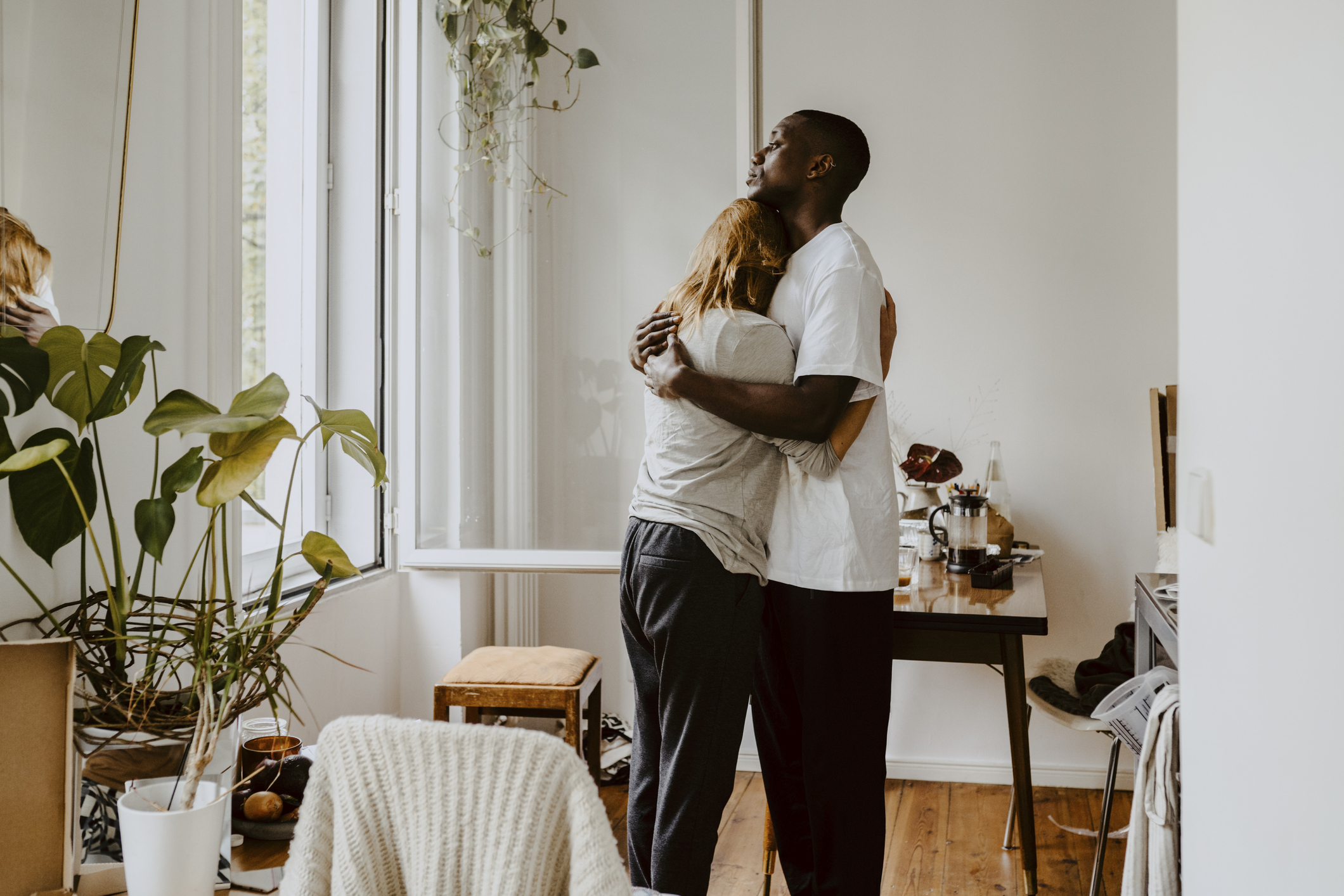
Julia Bueno, 46, is the author of The Brink Of Being: Talking About Miscarriage, one of a number of books seeking to open up the conversation around baby loss, alongside online movements, including psychologist and maternal-health campaigner Dr Jessica Zucker’s social-media drive #IHadAMiscarriage, launched to raise awareness and create a community.
"I try to give a voice to those who remain unheard"
Bueno had her first miscarriage nearly 20 years ago, at 30, when she lost twins. When asking doctors and nurses why a miscarriage happens, she subsequently discovered she had an abnormal-shaped uterus. Despite this, she now has two sons, aged nine and 16.
Struck by the impact of her experience of recurrent miscarriage, Bueno retrained as a psychotherapist and support worker for The Miscarriage Association. "I had learned the value of talking to someone who was prepared to listen and be genuinely curious and understanding about my experiences, and I wanted to offer the same," she says.
In her book, she recalls the stories of the hundreds of women she has met over 15 years in consulting rooms. Her aim is to give a voice to those who remain unheard and bring to light the questions that their stories raise about how we as a society have traditionally discussed – or, rather, not discussed – the grief of baby loss. "Most miscarriages happen even before they have been revealed to the world, or even suggested by the hint of a pregnancy bump. This event can be devastating, physically painful, or both."
"And yet, despite its prevalence, we have long been unable to talk about miscarriage in any adequate breadth or depth," she says. "If we do, we tend to do so awkwardly, quickly, and in the most general terms. We squirm, we whisper, and we avoid asking questions. We just don’t understand the experience well enough, or the complex grief that can hit hard in its wake," she says. But sometimes, when baby loss occurs after birth, following months of anticipation, the conversation can be even harder.
Jennie Agg, 32, uses her blog, uterusmonologues.com, to document her personal life after the recurrent miscarriages she had between January 2017 and June 2018. On her Instagram, she explains why she continues to write about the subject: "I write because miscarriage is sadly normal, but it is not yet normalised."
"If two years ago I’d had a baby instead of a miscarriage, and continued to post about it now, sharing my experience of motherhood, no one would think it remotely strange. Yet somehow writing and talking about the other side of that sliding-doors moment still feels like a statement," she shares.
Miscarriage is sadly normal, but it is not yet normalised
While miscarriage is most likely to happen in the first 12 weeks of pregnancy, it can occur up until the 24-week point, when it is then deemed a stillbirth in the UK. There is, however, ongoing debate over the terminology. In 2019, mother-of-three Kayleigh Parnham, who was carrying a baby she knew would die at birth, led a campaign for parents to be given the option of having a birth certificate for their dead babies, even if they were born before 24 weeks.
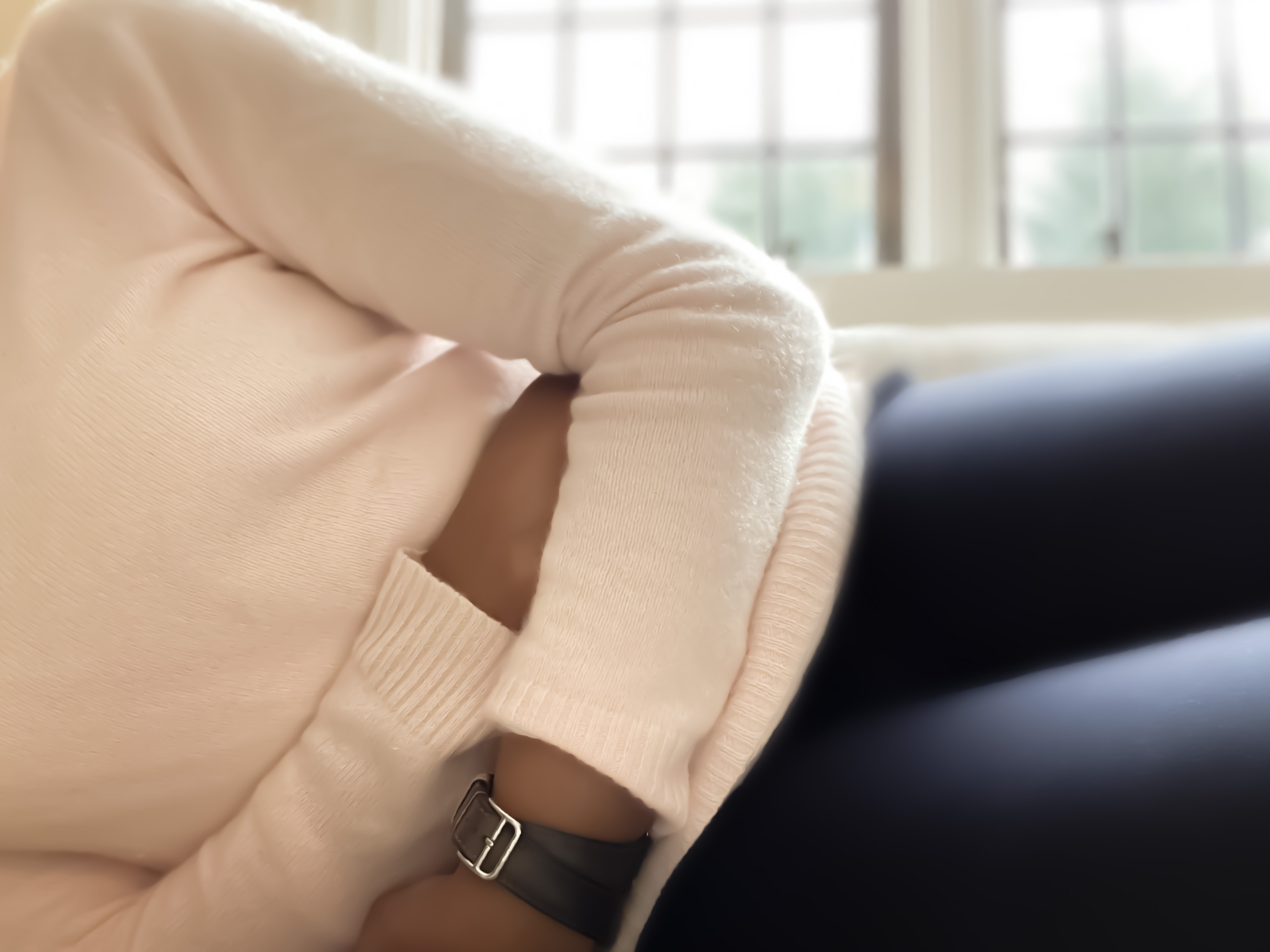
Freya Hodges*, 38, has had six miscarriages, one of which was at 20 weeks. She also has a seven-year-old son, who was born following a perfectly healthy pregnancy and home birth. "Miscarriage is a personal thing. Some people want to talk about it, but at first I didn’t. Losing a baby at 20 weeks is still called a miscarriage, albeit a “late-term miscarriage”, which in a way doesn’t matter, after all, it’s just a name, a label, but it felt like much more than a miscarriage to me," she says.
"He was tiny, the size of my hand. We sat with him for a few hours before going home. We then had to arrange a funeral for him. I was all over the place, but eventually we had him cremated and now keep his ashes in a special basket at home. We also had a special brass leaf made, engraved with his name, Juno, which is at the crematorium."
It has been two years since she said goodbye and, for Hodges, the healing process has been ongoing. ‘There are no answers for what happened. Our son had a post-mortem and they found nothing wrong. There was nothing wrong with me or my blood tests, there was nothing wrong with the placenta – it was just bad luck," she says.
"I spent the first two months after his loss drinking every night; I constantly felt incredibly anxious. Time has helped, as well as forms of therapy, such as Reiki healing, reading, yoga, meditation and spending more time in nature. I have also started writing about it, as a way to work through my feelings and open up more."
"Miscarriage is a personal thing - some people want to talk about it, others don't"
Elle Wright, 33, is the author of memoir Ask Me His Name: Learning To Live And Laugh After The Loss Of My Baby. Wright’s son, Teddy, died three days after his birth, in 2016, of a very rare metabolic condition that meant everything was poisonous to him – even the air he was breathing.
Having amassed a 106,000-strong following on Instagram, Wright provides a safe space for women to converse about the life and death of babies at all stages. For her, the motivation to share her story was partly about being acknowledged as a mother. "As I watched mothers holding their babies and rocking them in their prams, I wanted to scream, “I’m a mother, too, you know,”" she says.
Opening up a dialogue doesn't necessarily mean talking
I am hugely lucky to now have three children, aged eight, five and three. While there is the temptation to cite my own happy ending when consoling friends who continue to miscarry, I have learned to resist the temptation because their story isn’t mine, just as mine wasn’t anyone else’s.
Opening up a dialogue doesn’t necessarily mean talking. The point surely is to listen, to give space to one another, to share, and to allow people to sit with their own stories whether they choose to talk or not; to know that their experience has not only been felt but heard and understood.
For support, go to miscarriageassociation.org.uk, or email info@miscarriageassociation.org.uk.
*Name has been changed

Ally Head is Marie Claire UK's Senior Health and Sustainability Editor, nine-time marathoner, and Boston Qualifying runner. Day-to-day, she heads up all strategy for her pillars, working across commissioning, features, and e-commerce, reporting on the latest health updates, writing the must-read wellness content, and rounding up the genuinely sustainable and squat-proof gym leggings worth *adding to basket*. She also spearheads the brand's annual Women in Sport covers, interviewing and shooting the likes of Mary Earps, Millie Bright, Daryll Neita, and Lavaia Nielsen. She's won a BSME for her sustainability work, regularly hosts panels and presents for events like the Sustainability Awards, and is a stickler for a strong stat, too, seeing over nine million total impressions on the January 2023 Wellness Issue she oversaw. Follow Ally on Instagram for more or get in touch.
-
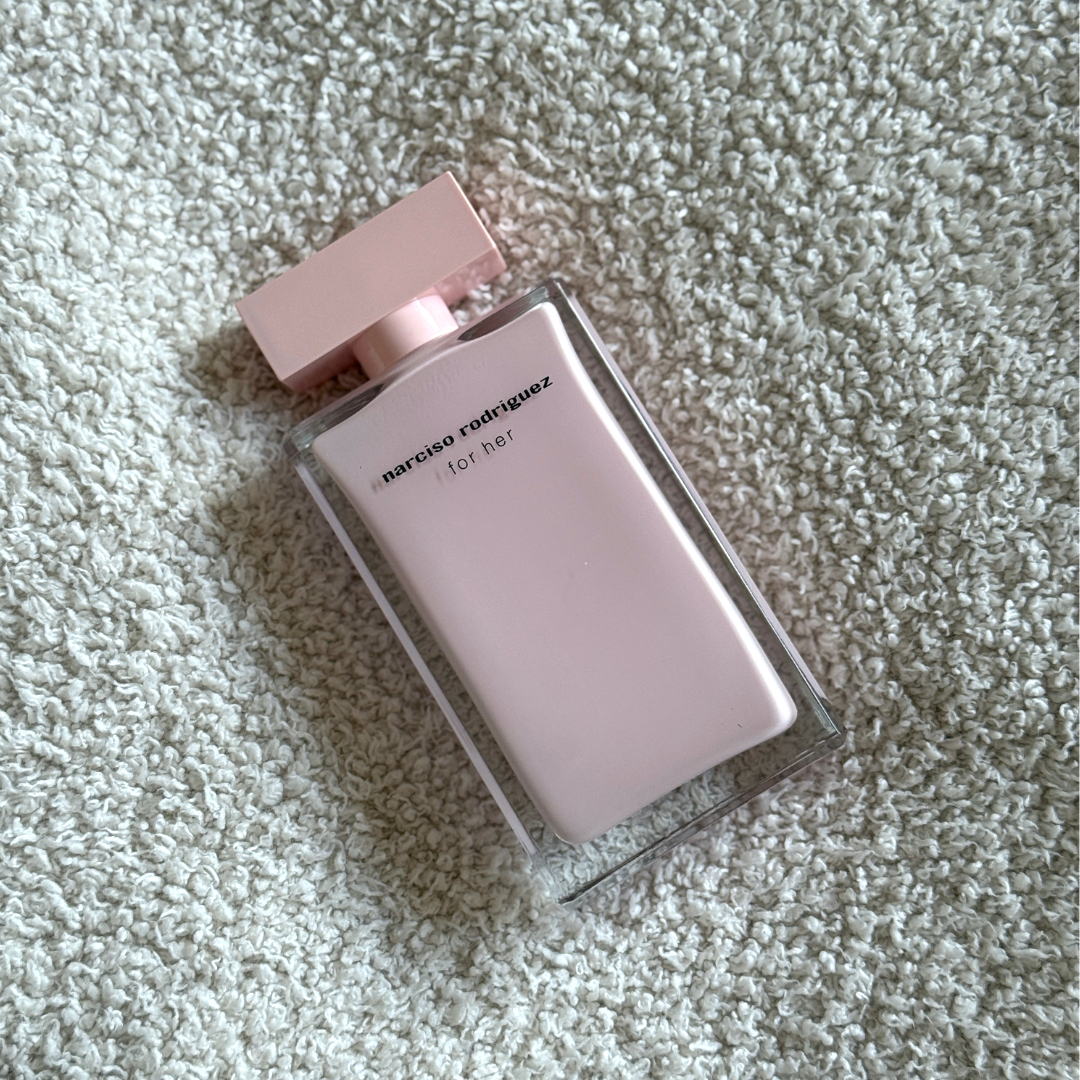 This perfume has been an icon for over 20 years, and for good reason—it’s soft, elegant, and oh so feminine
This perfume has been an icon for over 20 years, and for good reason—it’s soft, elegant, and oh so feminineFeminine but not *too* sweet
By Lucy Abbersteen
-
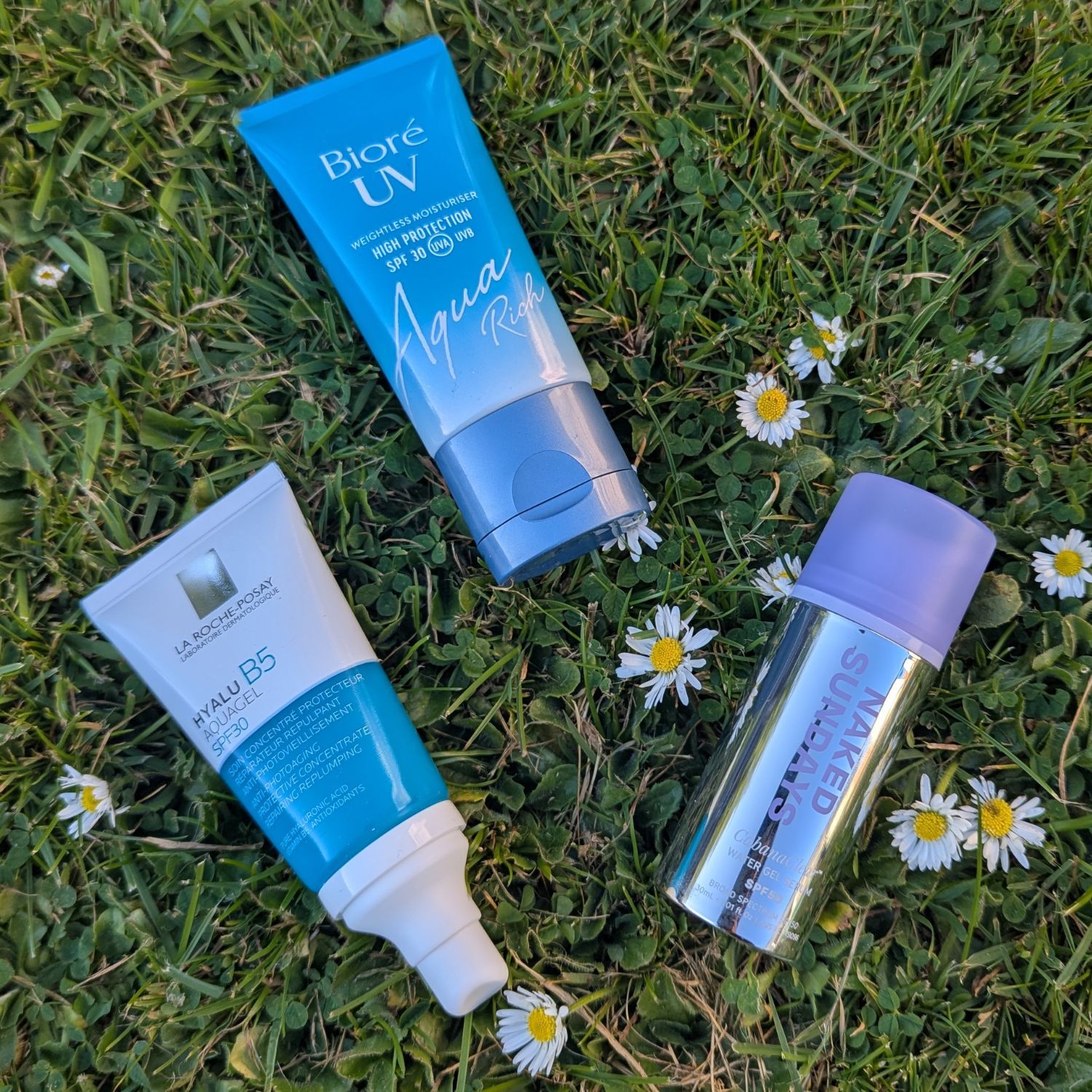 I’ve searched high and low for the best lightweight SPFs—these hydrating, water-based ones are a total game-changer
I’ve searched high and low for the best lightweight SPFs—these hydrating, water-based ones are a total game-changerNo excuses
By Jazzria Harris
-
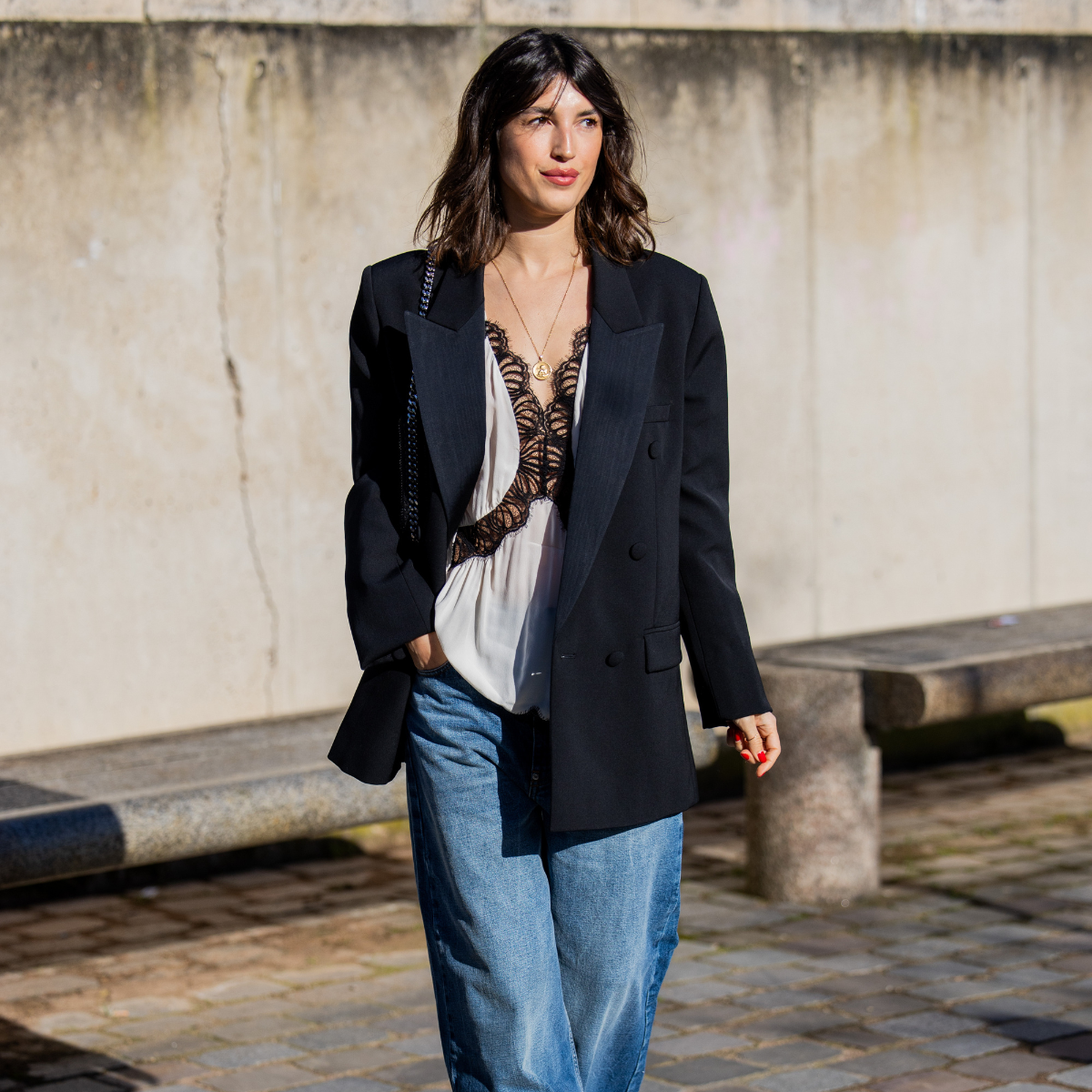 These 5 failsafe outfit formulas will help you style wide-leg jeans for spring
These 5 failsafe outfit formulas will help you style wide-leg jeans for springInspired by the chicest street style looks
By Sofia Piza